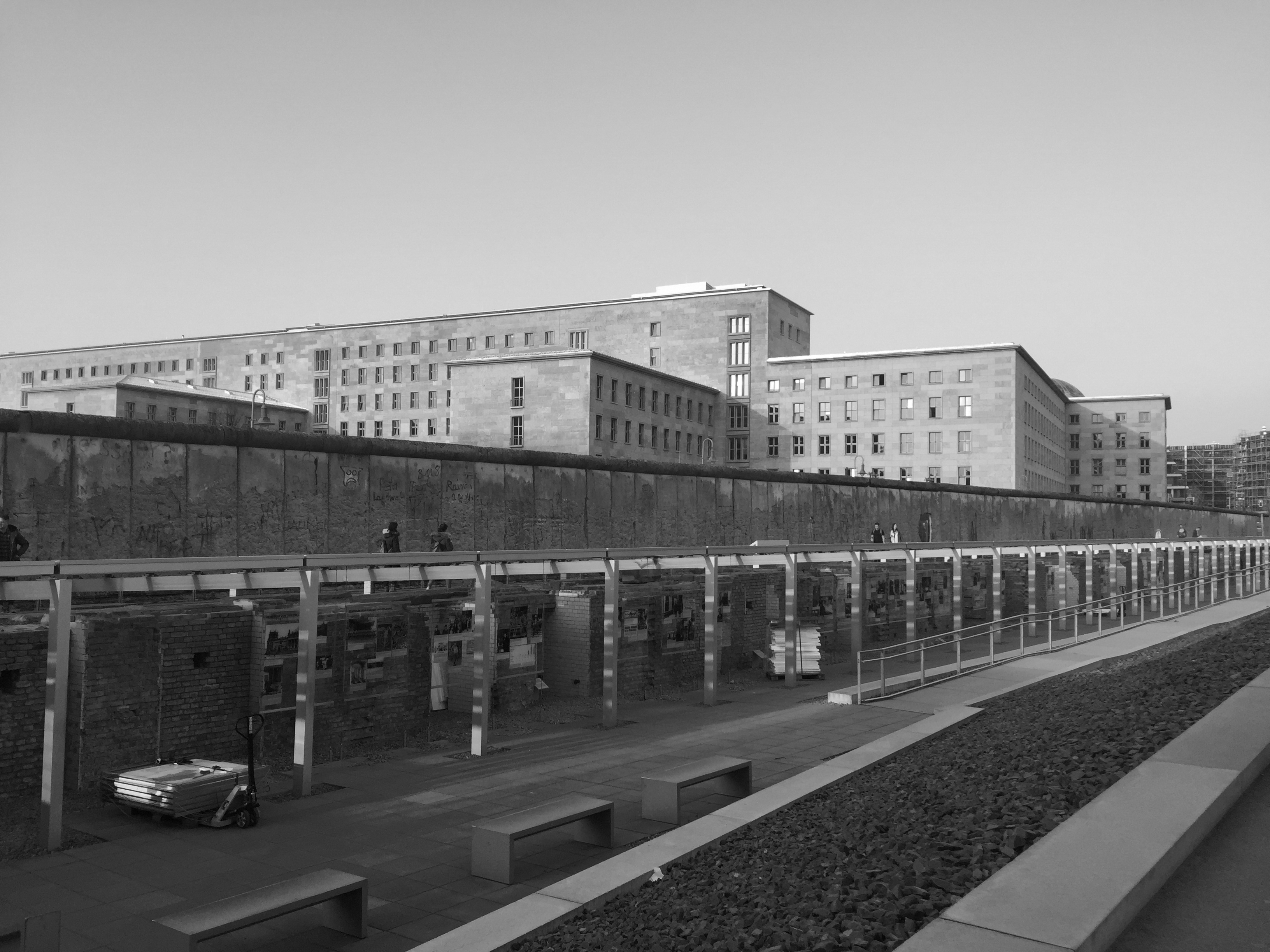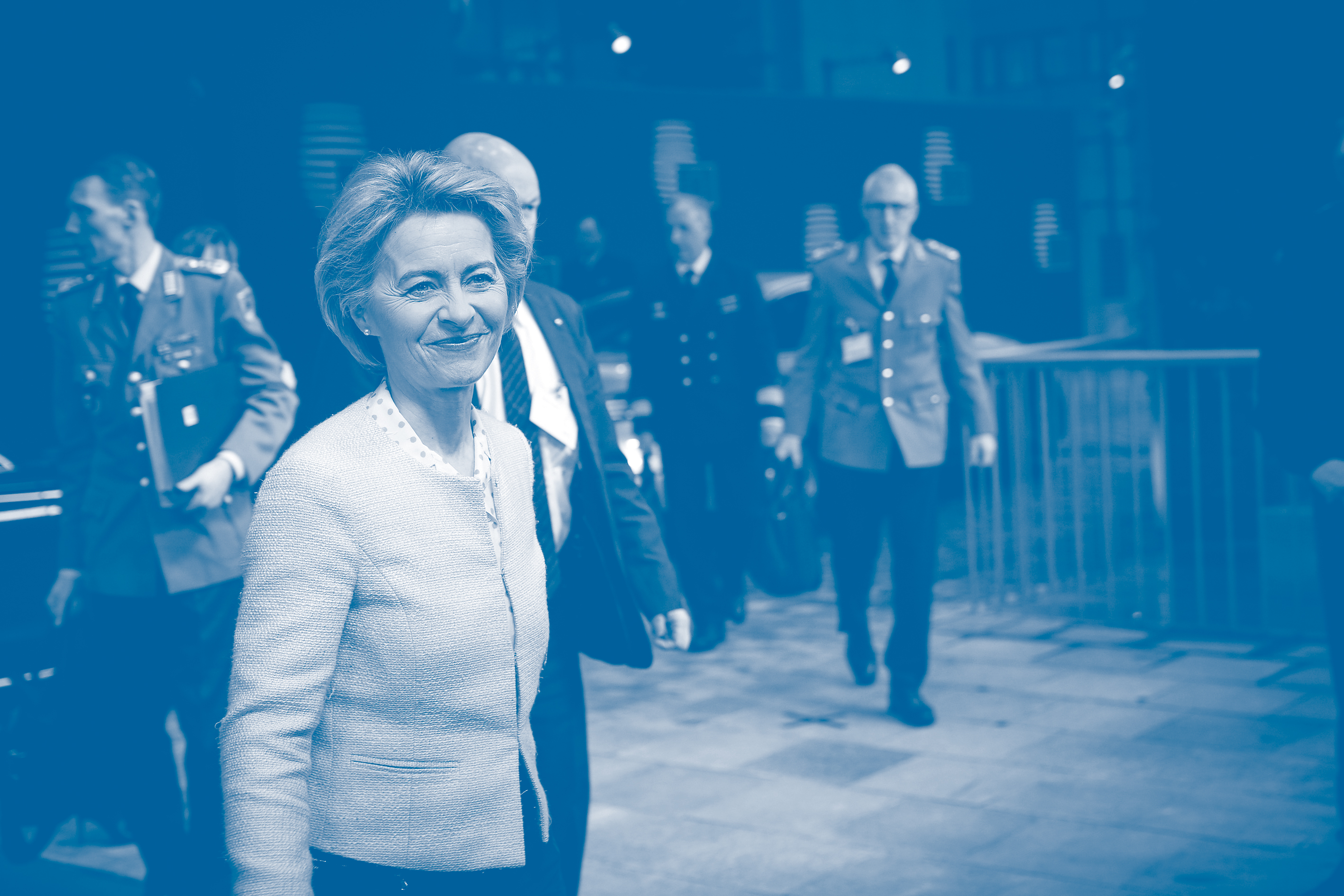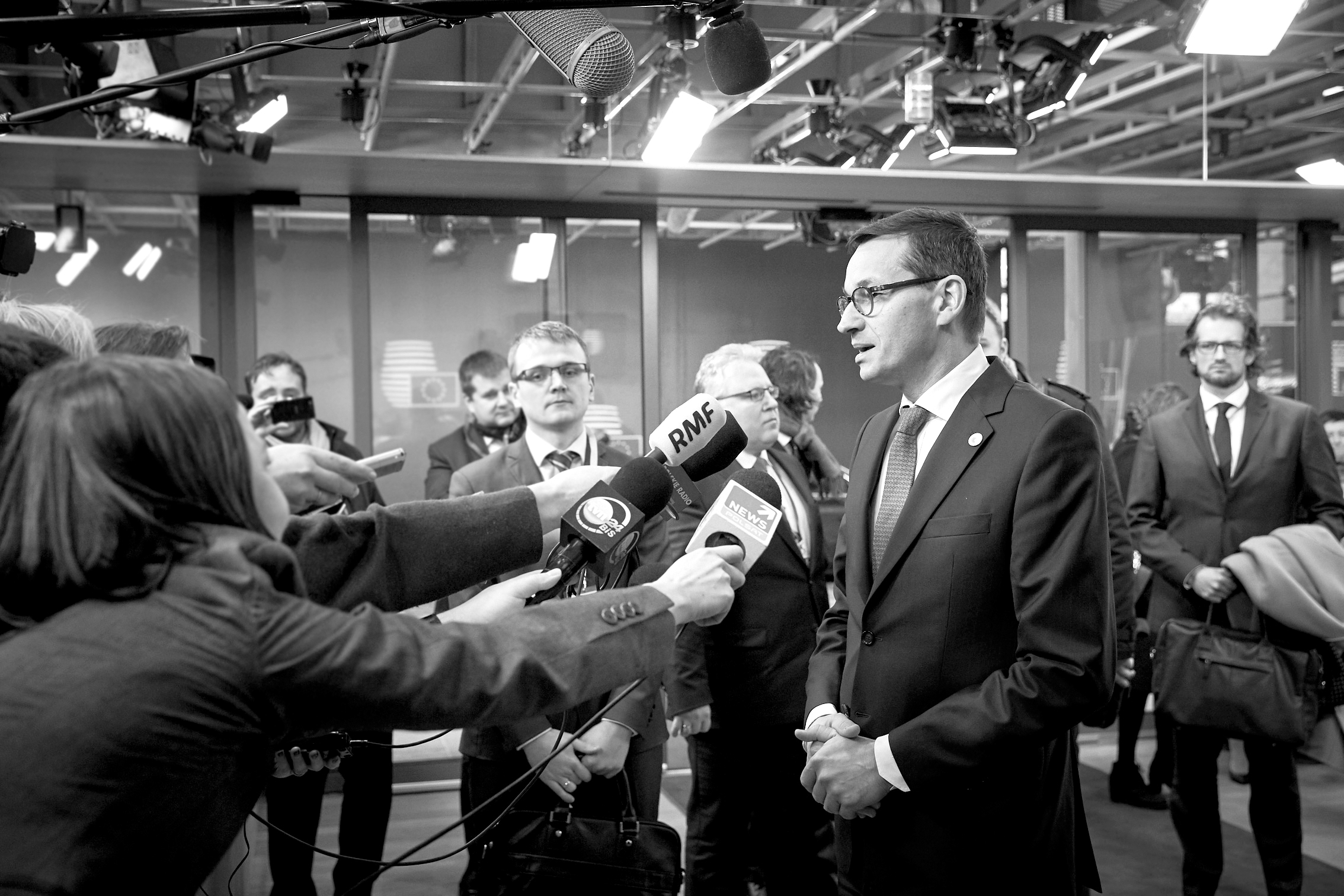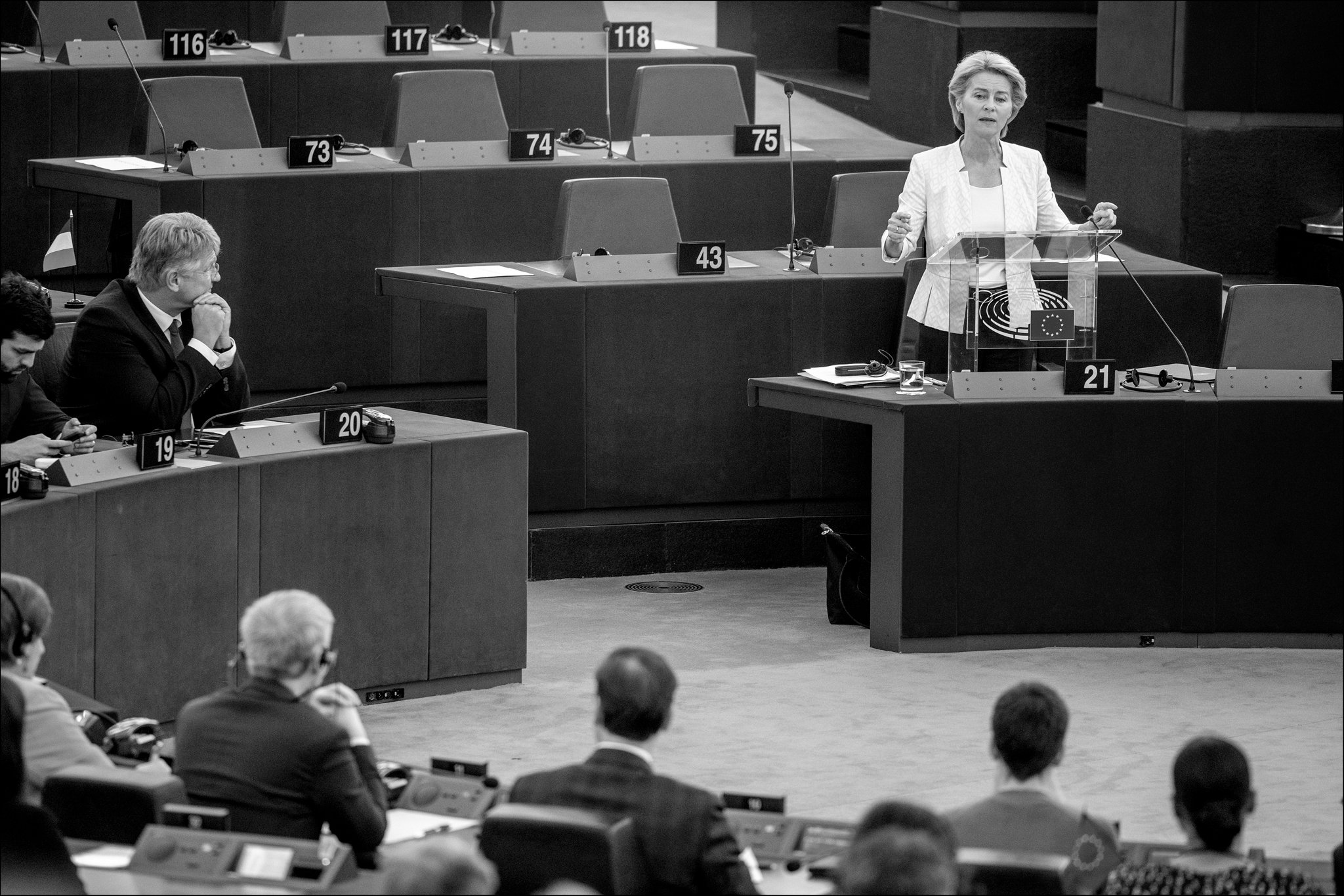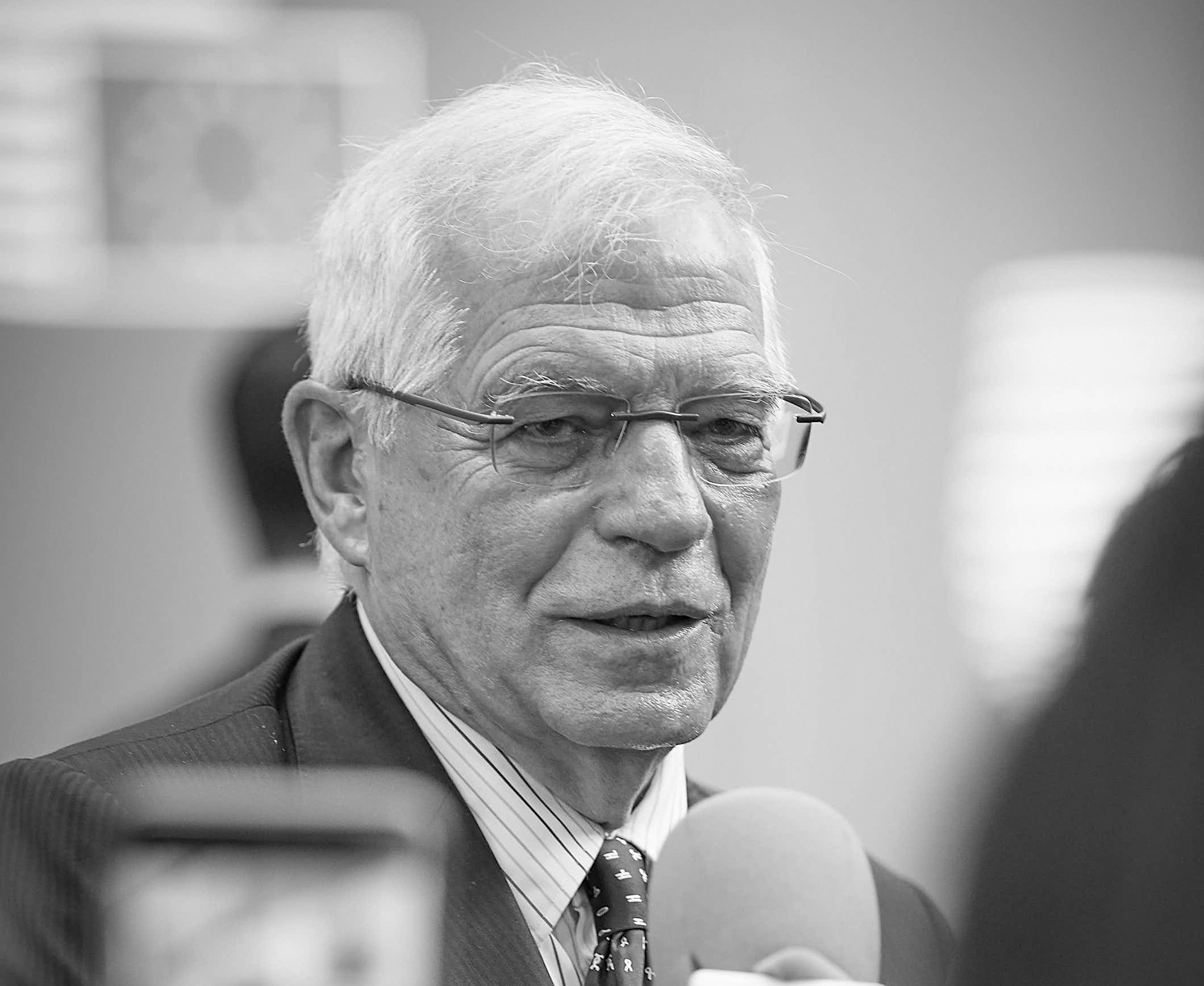Q: The CEE countries were completely by-passed in the most influential jobs – the leadership of the Commission, European Central Bank, the European Council, or the High Representative of the Union for Foreign Affairs and Security Policy. The political & geographical symbolism cannot be ignored. Is the balance of influence shifting towards the Eurozone core? Will this emerging reality alienate and create frictions with New Europe?
A: It could – and left to its own devices the absence of Eastern Europeans from top jobs will fuel criticism of the EU in Central Europe and Euroscepticism among the ranks of the supporters of Lech Kaczyński or Viktor Orbán. At the same time, it also depends on how we, Eastern Europeans respond. There is a number of reasons why we have been left out from the top jobs. Part of it is still this tendency to look down on Eastern Europe, to consider it unequal, somewhat lesser. But there are also some good reasons to have been left out.
We have acquired a reputation in Brussels and certain capitals for being unconstructive, for always saying no, for not coming up with new policy ideas. It is a reputation that isn’t completely undeserved. You will find too few constructive policy proposals co-sponsored by Slovak and Danish economy or defence ministers. There is also a sense in Eastern Europe that the EU is still something that we need to respond to and to react to, rather than to try to shape it ourselves. My hope is that this move will be seen also as a healthy, constructive kick in the butt, one in which the response in CEE will be to up our game and start doing a better job of playing the European game – meaning building alliances across the geographical divides, not always spending time with each other, and starting to come up with ideas about how to modernise the EU budget, how to achieve carbon neutrality.
All of these are things that we have tremendous interest in the success of, we have ideas about, but actually we have failed to weigh in constructively at the top levels.
Q:In the past Germany was reluctant to exert its power. By leading and shaping the future Commission, has Germany become ready to lead?
A:Traditionally, Germany has been criticised both for its lack of leadership within Europe and for its lack of leadership globally. It is usually pointed out that Germany spends too little on defence, that it didn’t take part in the Libya mission, that it opposed the Iraq operation, and that its armed forces are far too poorly equipped and unprepared for a country of its size. This is the debate that Donald Trump likes to have.
This debate is partly true, but in many ways unfair, in the sense that Germany has come a long way from 10-15 years ago. Until the Balkan wars, Germany had a policy of never using its forces abroad. It actually went from no interventions abroad, to intervening in a non-combat way, to actually fighting in Afghanistan. In terms of its external role, Germany has been unfairly criticised.
It has come a long way from the Germany of the early or mid-1990s. In terms of its leadership within the EU, the story is somewhat different. The criticism here is a bit more on the mark. One is the unwillingness to invest domestically. There is a strong economic argument that Germany should be spending a lot more money on its infrastructure, on its own development, on promoting consumption at home and abroad.
This is a very important part of Europe’s recovery from the crisis in 2010-11. At the same time, Germany is obsessed with the idea of surpluses, and therefore it keeps a really tight lid on spending. In addition, there is the argument that Germany has been too shy in supporting the institutional reforms of the EU, which is partly right but partly wrong. I tend to sympathise with those who say that a Eurozone budget, for example, is a solution that bears little relationship to the 2010/11 eurozone crisis. I just don’t see how the member states would ever surrender their right to control the exact form of a bailout in the case of a future economic meltdown like Greece.
Q:Does the nomination of Josep Borrell tell us anything about the direction of the EU’s Foreign Affairs & Security Policy and its forthcoming (geographical) priorities? Will they be comprehensive enough to focus substantially also on the East? Or will this be another potential friction point with the CEE countries?
A:The first point to make is that the appointment had nothing to do with Mr. Borrell’s views. This is the classic institutional game of musical chairs, in which someone was needed from the South and the Socialist camp. He was not made High Representative of the Union for Foreign Affairs and Security Policy because of his views on foreign policy. He was made High Representative because he is Spanish and Socialist.
That is the answer to many in Europe who tend to look for continuity, another Socialist in the job, and see a pro- Russian conspiracy. But it isn’t. There is a classic bureaucratic explanation. Having said that, coming from the South, a Socialist is not very likely to be very supportive of the Baltic line on Russia. The Spanish foreign policy has always been far more focused on Latin America, far more friendly towards Cuba than the Czech Republic. The big unknown is to what extent he will define his role as setting the EU agenda, putting his personal issues onto the EU agenda – or to what extent he will try to be a foreign minister for all the EU countries.
Mrs. Mogherini was competent in many regards, but I do think that when it came to Latin America, to Cuba, to Russian disinformation, her leftist, Southern roots, have shown through. She spoke more as a southerner and a leftist rather than as a foreign minister for all Europeans.
Q: Is Europe/EU ready to embrace the reality of the return of great-power competition?
A: I don’t think we should accept the premise that the world is doomed to unrestrained great-power competition. It should remain the case that we continue to fight for a multilateral system in which the big powers voluntarily restrain their actions and behaviour, not always throwing around their weight. In the end, who knows who the next US president might be. China has shown itself to be flexible, even though there is nothing inherently multilateral and cooperative in its behaviour.
In that sense China is not like the EU, which by definition – being itself an entity where 28 member states have agreed to pool their power and to limit their sovereignty – has no other choice but to be a multilateral global power. If we start playing only by the rules of power, of unrestrained competition, I strongly believe the EU itself might fall apart very quickly. We are fated to be a multilateral, cooperative power.
China isn’t. It can play either way, cooperative or competitive. But under the right conditions, they have shown themselves to be open to collaboration, to sharing power, even to leadership on some environmental issues. I don’t think we should accept the idea that we are doomed to unrestrained great-power competition and we should start behaving like China or the United States. I still think that our preference has to be for maintaining the multilateral nature of global collaboration.
Q:Arguably, a symptom of the return of the power competition is also the JCPOA issue. How deep can the trans-Atlantic rift go on the Iranian deal?
A: I said from the very beginning when the US withdrew from the JCPOA that it would be a terrible blow for Euro-Atlantic relations. We in Europe tend to view the Iran deal as intrinsically important, not just in the sense of curbing Iran’s nuclear ambitions, but also as being important for the EU’s foreign policy identity. It is one of the first and biggest real successes of our foreign policy where we led the way.
We failed to do so in the Balkans. The Americans had to come in, provide the leadership, and we followed up. But in the case of Iran, the Europeans have led the negotiations and the Americans came late. In the story that we tell about ourselves in Europe, it was the deal where we finally came to a point where we became a real foreign policy power and a real actor. For this deal to be symbolically destroyed by President Trump was taken very personally here in Europe.
But overall, there is very little we can do as Europeans to stop the deal from collapsing if the Americans put their minds to it. The business that Iran is able to conduct with the wider world is diminishing rapidly, and European companies themselves are withdrawing from doing business with Iran for fear of secondary sanctions by the US. At the end of the day it is far more likely that the deal will collapse. The mood in Europe has changed from one of outrage and indignation towards resignation that the deal will collapse, and there is very little we can do about it other than waiting for the next US president.
Read more:
1. Radosław Sikorski, Polish MEP, EPP Group: “Josep Borrell needs to establish the credibility of the office of High Representative”

